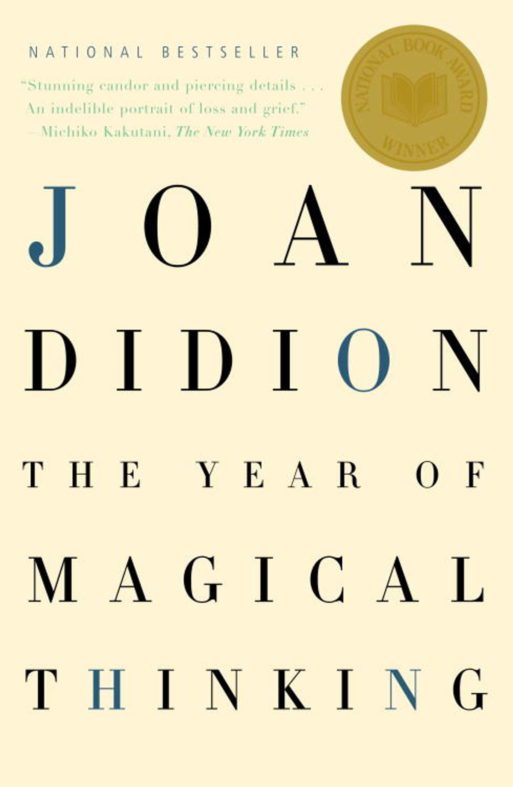 An interview with actress Michelle Williams about the sudden death in 2008 of her partner, actor Heather Ledger, reveals interesting lessons about both the nature of mourning and how we can be sensitive to those who are going through it.
An interview with actress Michelle Williams about the sudden death in 2008 of her partner, actor Heather Ledger, reveals interesting lessons about both the nature of mourning and how we can be sensitive to those who are going through it.
Michelle Williams and Heath Ledger fell in love on set while filming Ang Lee’s 2005 film Brokeback Mountain, a film in which they played husband and wife. Shortly after filming, they became engaged and Williams had a baby, Matilda. In 2008, after Williams and Ledger had separated, Ledger, just 28 years old, was found dead of what was later determined to be an accidental overdose of prescription medication.
A private person by nature, in spite of her profession, Williams agreed to give her first on-camera interview with ABC’s Nightline correspondent Cynthia McFadden and was surprisingly candid about her grief. To McFadden’s question about having heard that Williams had read Joan Didion’s The Year of Magical Thinking — an account of the year the writer spent after her husband’s sudden death after 40 years of marriage — Williams responded thoughtfully:
“In a strange way I miss that year because all those possibilities that existed then are gone. It didn’t seem unlikely to me that he could walk through a door or appear behind a bush. It was a year of magical thinking. And in a way I’m sad to be moving further and further away from that.”
Magical thinking, as Didion writes about it, refers to the belief that a loss or trauma can somehow still be averted or reversed. In one of the most poignant instances of her magical thinking, Didion recounts that she couldn’t part with her dead husband’s shoes, because she thought he might need them when he returned.
William’s quote reveals a paradox: the mourner, already dealing with intense pain, must mourn even another loss — the loss of that year of magical thinking, or the period of time when the mourner still may have the hope that her loved one will come back. Those who have lost a loved one often say that once the shock has worn off in the first year after their death, the second and third years are often the most difficult ones because the mourner must settle into the reality of the loss.
One of the truisms of helping a friend cope with the loss of a loved one is to try not to be presumptuous or to assume how they feel. In her interview, McFadden asks Williams a question that can be illustrative of this kind of presumption: she asks Williams what meaning she gleaned from Ledger’s death, subtly implying that her loss could somehow be balanced by the wisdom gained from mourning. “I found meaning around the circumstance,” Williams replies, “but the actual event itself… it still doesn’t have a… I can’t find a meaning for it. I can find meanings in things and people and relations that have sprung up and friendships that have strengthened. I can find a lot of meaning in that, but not of why.”
Although Didion concurs, in effect saying that in mourning, “we will confront the experience of meaninglessness itself,” healing is possible if the mourner is allowed to grieve and process her loss in her own way. For Williams, this has meant continuing to work, fall in love, and raise her daughter Matilda, whom she says is “of more importance to me than anything in my life.”
Sources:
Michelle Williams on Heath Ledger’s Death: “I’m Sad to Be Moving Farther and Farther Away From It”
‘The Year of Magical Thinking’: Goodbye to All That

 “The Year of Magical Thinking” by Joan Didion
“The Year of Magical Thinking” by Joan Didion


 How Dare You Die Now!
How Dare You Die Now!
 Debating Medical Aid in Dying
Debating Medical Aid in Dying
 “Help Me, Helen”
“Help Me, Helen”














